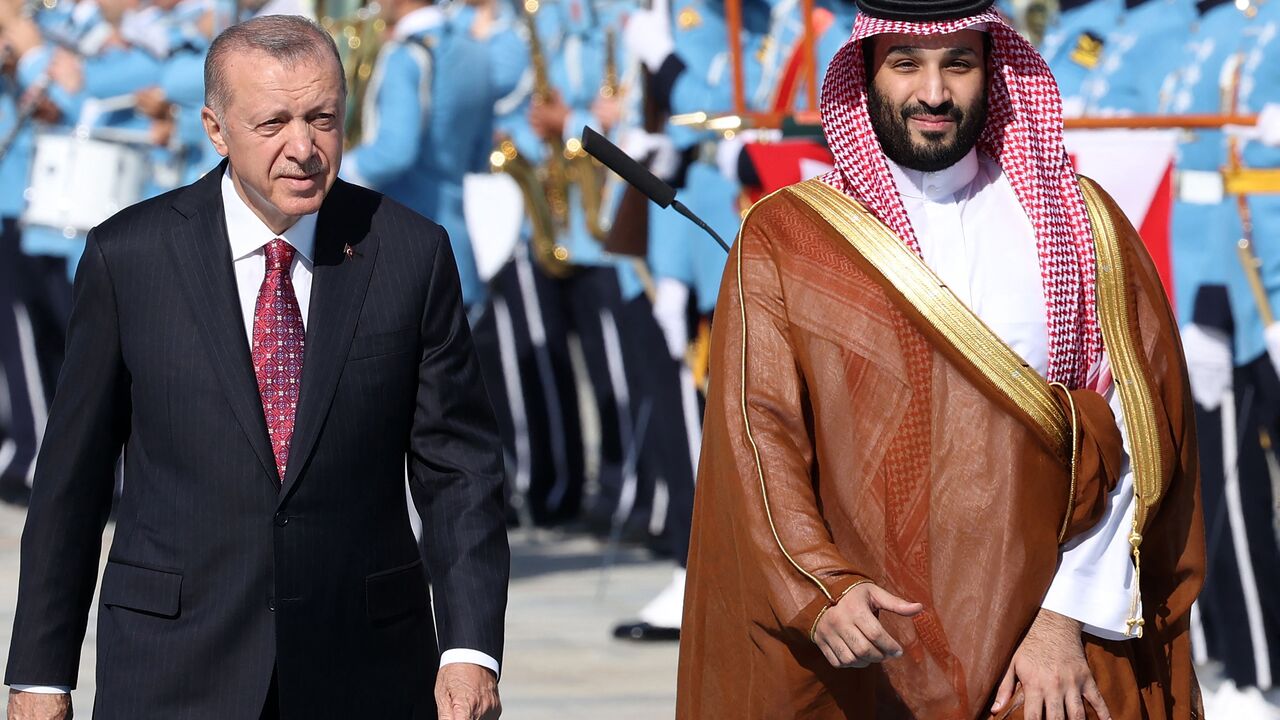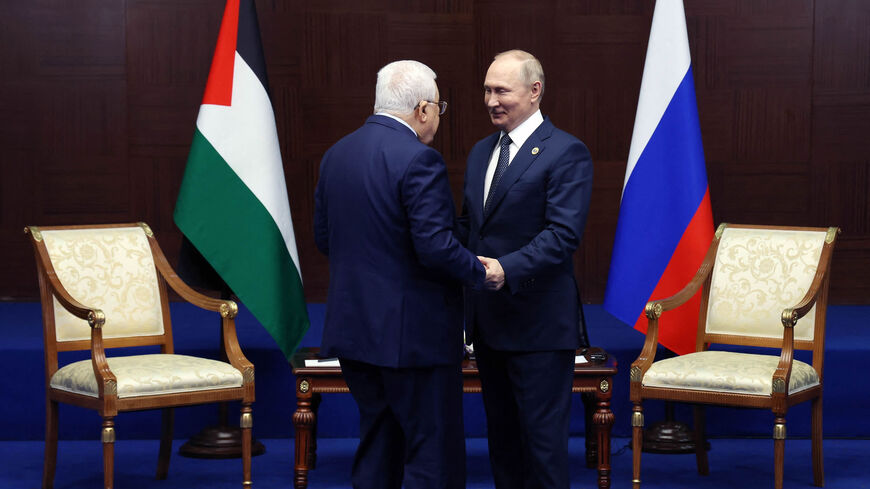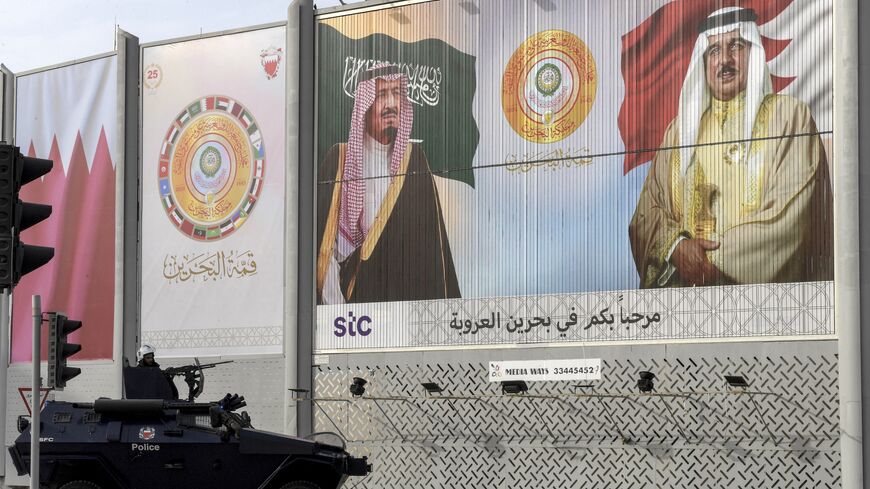Saudi, Turkish leaders call for pressure on Israel to end Gaza war
The two countries have repeatedly called for an end of the war in the Gaza Strip since it erupted last October.

Saudi Crown Prince Mohammed bin Salman and Turkish President Recep Tayyip Erdogan discussed the ongoing Israeli war in the Gaza Strip in a phone call on Sunday.
According to the official Saudi Press Agency, the Saudi prince stressed the “kingdom’s keenness to unify Arab and Islamic efforts to support the brotherly Palestinian people in the face of the brutal aggression they are being subjected to by the Israeli occupation forces.”
Prince Mohammed further called for the need to increase efforts aimed at ending the Israeli attacks against the Palestinian people.
Erdogan echoed similar comments during the phone call, calling on the international community to exert more pressure on Israel to end its actions in the Palestinian territories, particularly in the Gaza Strip, the Turkish presidency said in a statement.
The Turkish leader further underscored the need for “joint action by Islamic countries” to stop the Israeli attacks and “human rights abuses,” calling for a lasting cease-fire in the Gaza Strip.
Israel launched a major air and ground campaign against Gaza in retaliation for Hamas’ cross-border assault Oct. 7, during which the group’s militants killed nearly 1,200 people and took over 240 others hostage.
Since then, the Israeli offensive has killed more than 40,000 Palestinians, according to the Hamas-run Gaza Health Ministry, and pushed nearly 1.9 million others into displacement, per United Nations figures.
The war has also created what the UN described as the world’s worst humanitarian crisis. Food and medicine have been scarce across the enclave as the delivery of aid is hindered by the fighting. The situation has also led to the spread of diseases, most recently polio.
On Sunday, the UN began a polio vaccination campaign in central Gaza after Hamas and Israel agreed to brief pauses in the fighting earlier this week. Fighting will be suspended for at least eight hours on three consecutive days.
Meanwhile, talks mediated by the United States, Egypt and Qatar for a cease-fire and hostage deal have stalled.
Turkey has repeatedly called for an end to the hostilities in Gaza since last October. Most recently, Erdogan threatened to enter Israel to support the Palestinians if it continues its war in the enclave.
“We must be very strong so that Israel can't do these ridiculous things to Palestine. Just like we entered Karabakh, just like we entered Libya, we might do similar to them,” Erdogan told a meeting of his ruling party in his hometown of Rize late last month.
Saudi Arabia also issued similar calls for a cease-fire, while stressing its support for a two-state solution to the Israeli-Palestinian conflict.
Before the Israel-Hamas war erupted on Oct. 7, Washington had been pushing to bring Saudi Arabia into the 2020 Abraham Accords, under which the United Arab Emirates and Bahrain normalized relations with Israel.
But since the war began, Saudi officials have stressed the need to achieve Israeli-Palestinian peace and secure the rights of Palestinians before moving forward with any normalization deal.
Ankara and Riyadh went through a period of strained ties following the killing of Saudi journalist Jamal Khashoggi at the Saudi Consulate in Istanbul in Oct. 2018 and tensions over the Muslim Brotherhood movement. However, since Erdogan was reelected in May 2023, there has been a reset of ties and the countries have deepened political and economic relations.






